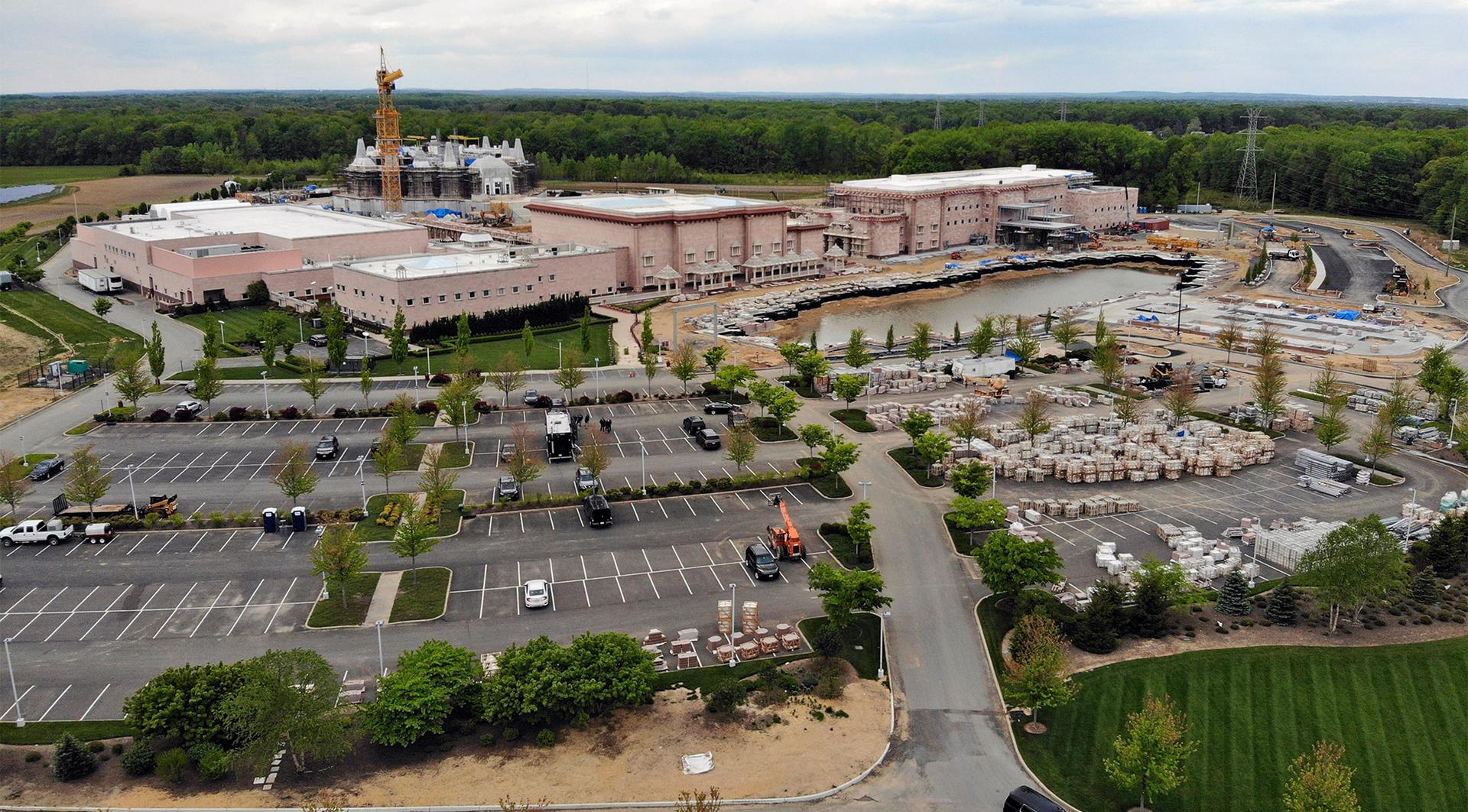This month, lawyers representing lower-caste workers building a temple for a Hindu group in New Jersey filed a lawsuit claiming they were forced to work for less than $2 an hour.
It’s one of a handful of suits driving a push in California to add caste to anti-discrimination policies. That push began in earnest last summer, when officials with the Department of Fair Employment and Housing initiated a groundbreaking discrimination lawsuit against technology giant Cisco Systems.
The suit alleged discrimination based on caste, defining it as “a strict Hindu social and religious hierarchy.” In India and other countries, caste has been based on ancestry and, in turn, has determined a person’s socioeconomic status.
Related: Netflix’s ‘Indian Matchmaking’ stirs conversation about tradition, colorism and caste
The lawsuit said that two Cisco supervisors, who are Indian, had “outed” a third Indian employee’s lower caste. They let it get around that he had benefited from affirmative action back in India. When that employee complained, the supervisors denied him opportunities for advancement.
Cisco said its internal investigation found no evidence of discrimination. But the California lawsuit got people talking; there are more than 4 million Indian Americans in the US. Most are upper caste; historically, they’re the ones who’ve had the means to migrate.
Samir Kalra, a lawyer with the Hindu American Foundation, filed a legal brief against the Cisco lawsuit.
It said that “the state could not define Hinduism, and was incorrect in saying that caste-based discrimination, or caste, is tied to Hinduism, and which we said was a violation of the constitution.”
The state eventually dropped the federal charge and continued the suit under state laws.
“If you fast forward some months from there, then you saw it in different places. You know, this idea of creating a new separate category, anti-discrimination category, specifically around caste, popping up,” Kalra said.
Student leaders on campuses across California mobilized to pass resolutions recognizing caste as a protected category on their campuses. Manmit Singh Chahal helped lead the effort at California Polytechnic State University.
“It kind of just snowballed,” said Singh Chahal, who was among a group that took the issue to the Cal State Student Association, or CSSA. It’s the official voice for half a million university students in California.
The CSSA agreed to consider a resolution that asks trustees to add caste to their anti-discrimination policy. It points out that, without the specific category for caste, data won’t be collected about how often the discrimination happens.
Related: How Indian Americans are reacting to Kamala Harris as Joe Biden’s VP pick
“It wasn’t until the CSSA meeting that I came across huge resistance.”
“We were kind of able to sail through and get our resolution passed on our campus. And it wasn’t until the CSSA meeting that I came across a huge resistance — that large-scale mobilization to shut it down.
People from across the state, of seemingly every age and background, called into the student association’s Zoom meeting on April 10. It lasted more than three hours — even though each speaker was limited to 30 seconds. Those against the resolution said that caste was really a system imposed by the British when they colonized India, and putting caste in university policy would just create a problem in the US that doesn’t exist.
But more people defended the idea of making caste part of the university’s anti-discrimination policy.
Related: Author Isabel Wilkerson: Caste, not race, is the ‘bones’ of inequality in the US
Nothing stopped the Cal State Student Association; a week later they passed the resolution.
Their marathon meeting turned out to be just a preview of something bigger.
In late April, the Santa Clara County Human Rights Council also held a hearing about possibly including caste specifically in their anti-discrimination policy. It lasted nearly eight hours.
A chorus of speakers again argued that introducing the concept of caste in the US would only lead to discrimination against Hindus. They were organized in part by the Hindu American Foundation’s Samir Kalra, a Santa Clara native.
“We got involved in the Santa Clara County Human Rights Commission, particularly because there’s a large number of Indian Americans in Santa Clara County. It’s kind of the hub of Silicon Valley. And because we felt that this was treading down a very dangerous path,” Kalra said.
Related: India’s ‘streaming dream’ may dim with new digital regulations
But the NAACP and Alphabet Workers Union, which represents employees at Google, voiced support for colleagues who identify as Dalit — known as the lowest caste.
At the Santa Clara hearing, many of those self-identified Dalit workers shared personal experiences of upper-caste Indian co-workers discriminating against them. Some said nothing to their employers because they’re H-1B visa holders, and feared being deported; others were fired when they did speak up.
After hours of testimony, the exhausted Santa Clara commissioners said they plan to hold more hearings on the issue.
The CSSA is still waiting on the California State University Board of Trustees to take action on their request to add caste to the system’s anti-discrimination policy.
Both sides in the debate say they’re ready for a long fight, as people in the US work out how they will handle the ancient issue of caste.
